Inside the $1 billion marijuana 'unicorn' that operates out of an abandoned Hershey's factory
Canopy Growth operates out of a once-abandoned Hershey chocolate factory in the small town of Smiths Falls, Ontario.

The company supplies the drug to nearly half of Canada's current medical marijuana patient base, about 40,000 people.
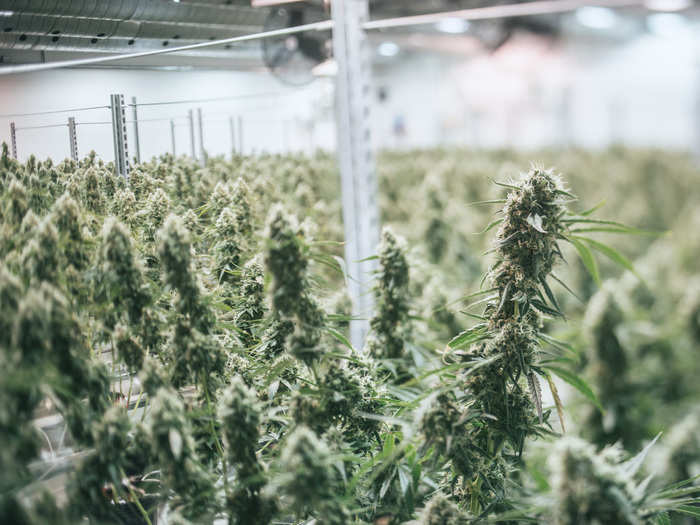
Bruce Linton, CEO of Canopy, founded the company because he thought a vertically integrated company — one that grows marijuana in addition to processing it for oils and other products and packaging it for shipment — would give him better control over quality.
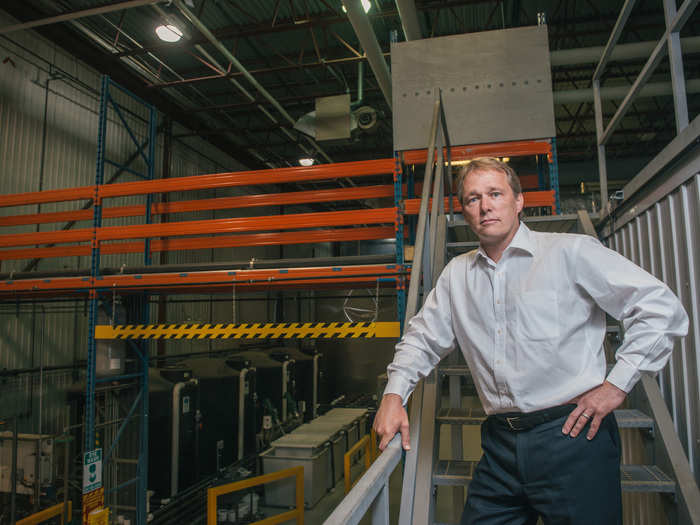
Vertically integrated companies are also able to offer their products more cheaply, since they cut out the middle men in growing and distribution.
The 42-acre chocolate factory located at 1 Hershey Drive was sitting vacant when Canopy Growth scooped it up in January for $6.6 million.
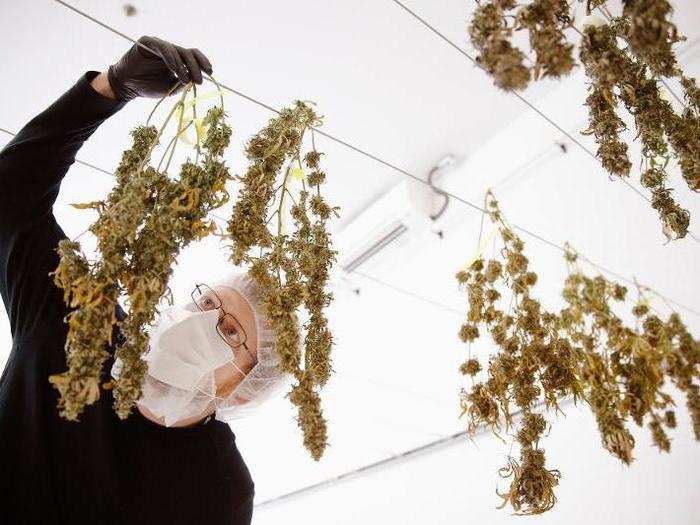
Canopy Growth previous ran operations out of the space as a tenant.
Source: Financial Post
Canopy wants to become the Procter & Gamble of pot. Several brands fall under its umbrella and cater to different user preferences.
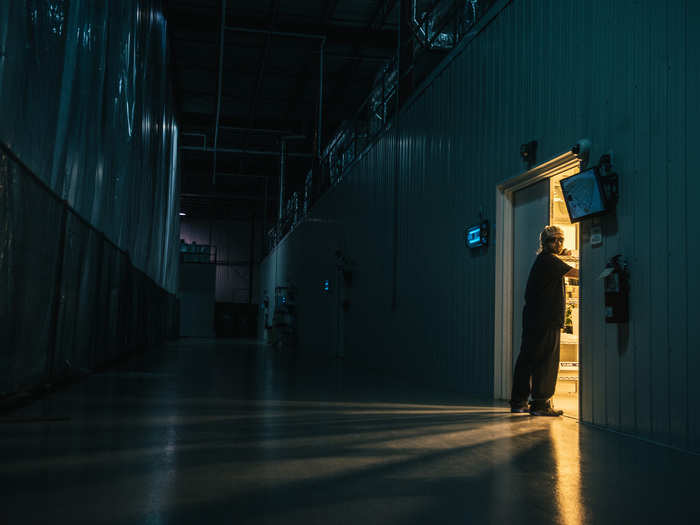
There's Tweed, a medical marijuana producer with slick and youthful branding that could be mistaken for a designer jeans company.
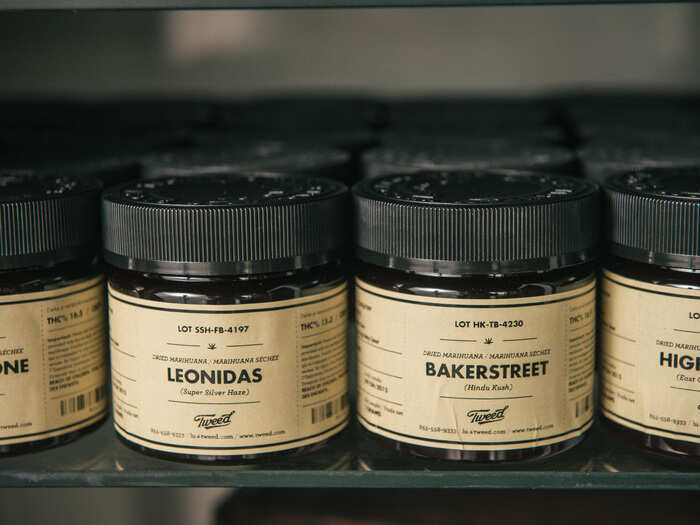
Quebec-based Vert Medical allows Canopy to tap into the French-speaking market, while Bedrocan Canada has a distinctly clinical feel that is likely to gain favor among medicinal users.

Since 2000, Canadians have enjoyed the ability to possess and grow small amounts of weed for medical use. In 2014, the government began licensing companies like Canopy to produce mass amounts of marijuana for patients suffering from serious diseases.
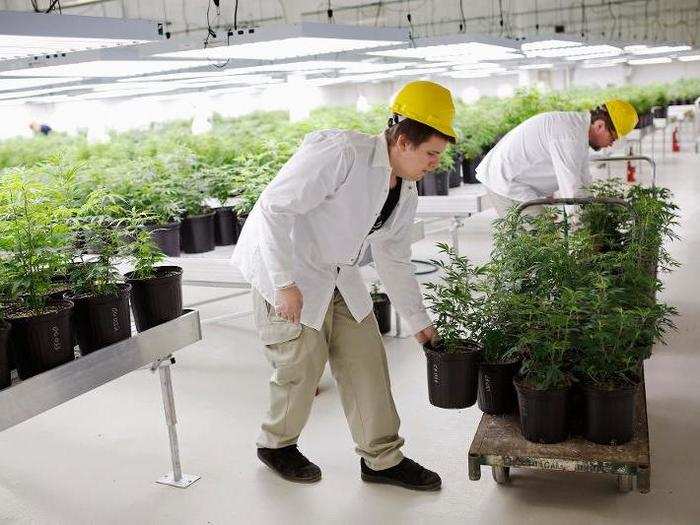
The Canadian marijuana industry raked in $869 million in legal sales in 2016 and is expected to reach $22.6 billion after Prime Minister Justin Trudeau opens up the recreational market this spring.
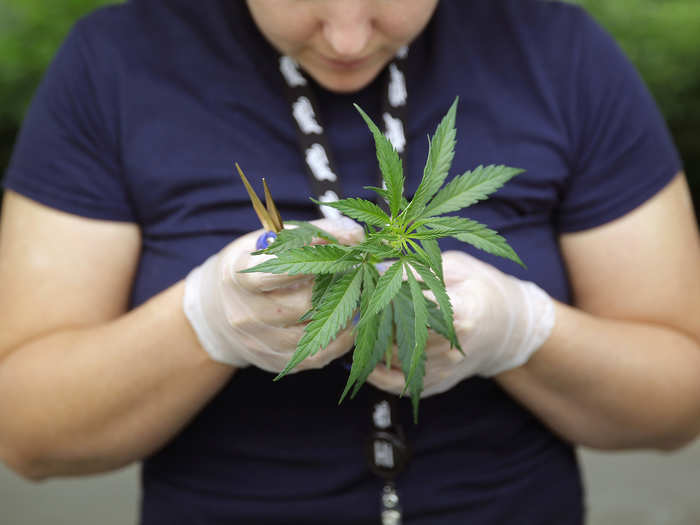
Source: Business Insider
Canopy, which trades on the Toronto Stock Exchange under the ticker WEED, is on the fast-track to success.
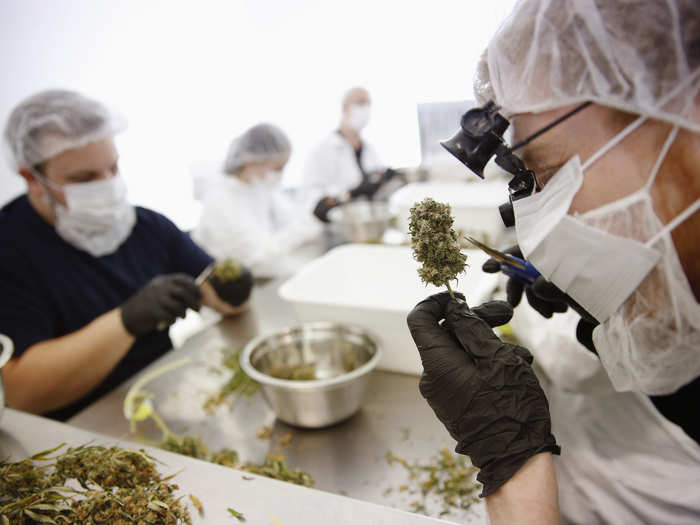
The manufacturing giant blew past a $2 billion valuation on November 16, 2016, one week after eight US states passed ballot initiatives legalizing marijuana in some form.
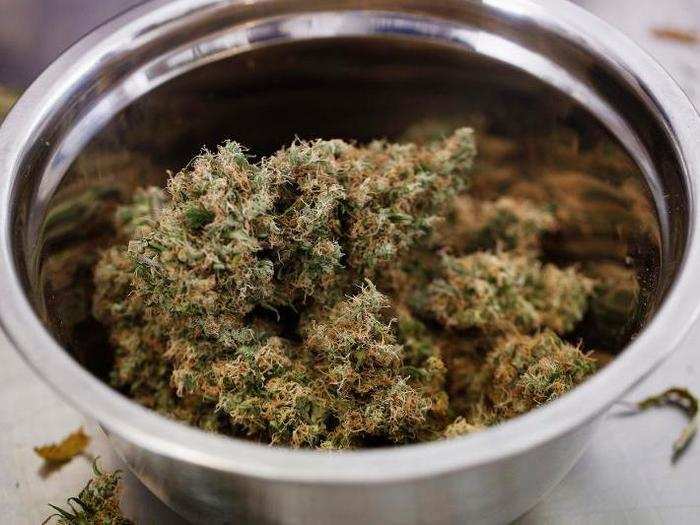
(Its valuation, along with other publicly-traded marijuana companies that saw their market cap increase after the US election, has since settled to $1.3 billion as of March 14.)
The company's fiscal year ends in March, and Linton tells Business Insider he expects it to post $12 million in revenue, up from $2 million between 2015 and 2016.
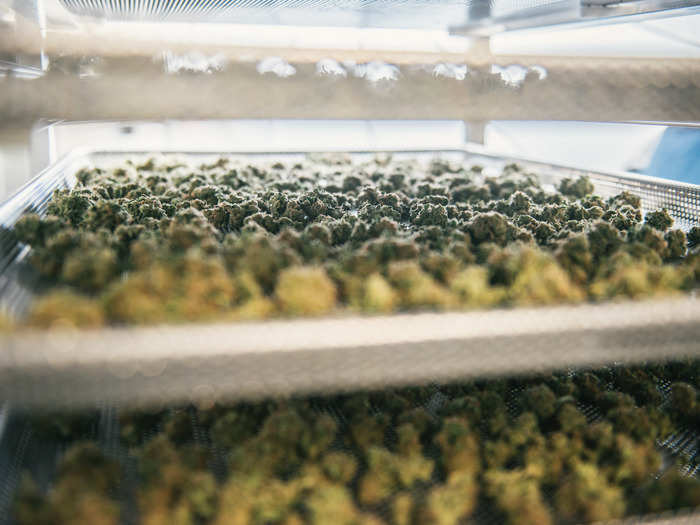
The company's success stems from a belief that as more countries legalize marijuana on a federal level, growers like Canopy will be able to branch out into international markets.
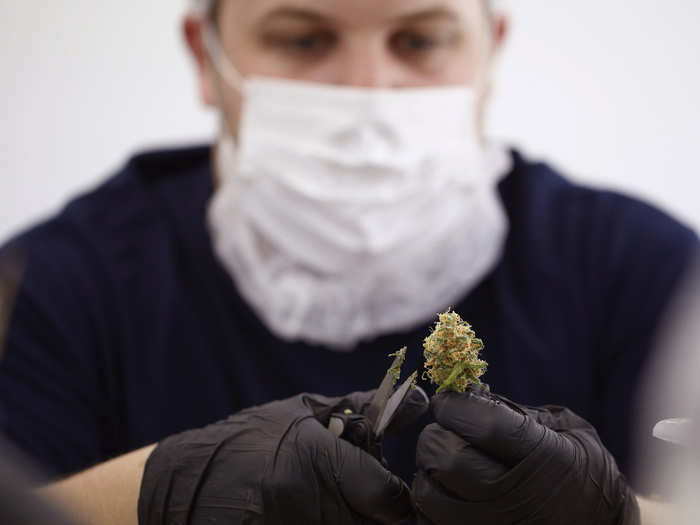
Canopy already exports marijuana products to Germany and Brazil.
"It's really about the public policy," Linton told Business Insider. "That doesn't sound sexy or exciting. But if you don't have the right public policy, you don't have the right business opportunity."
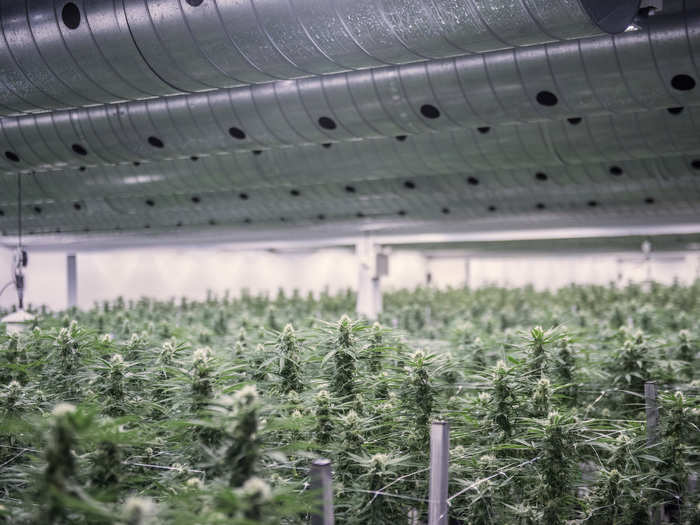
Popular Right Now
Popular Keywords
Advertisement